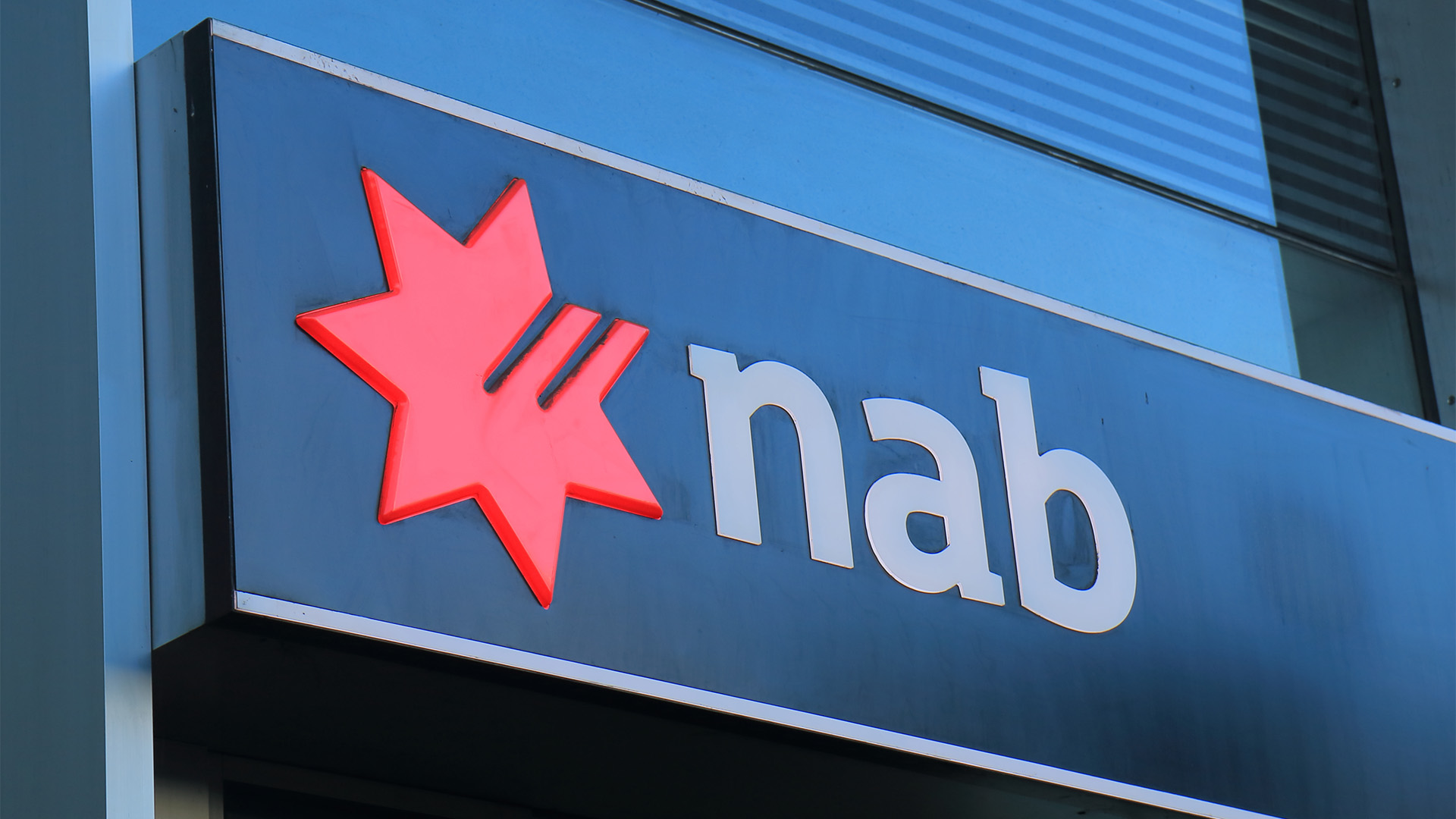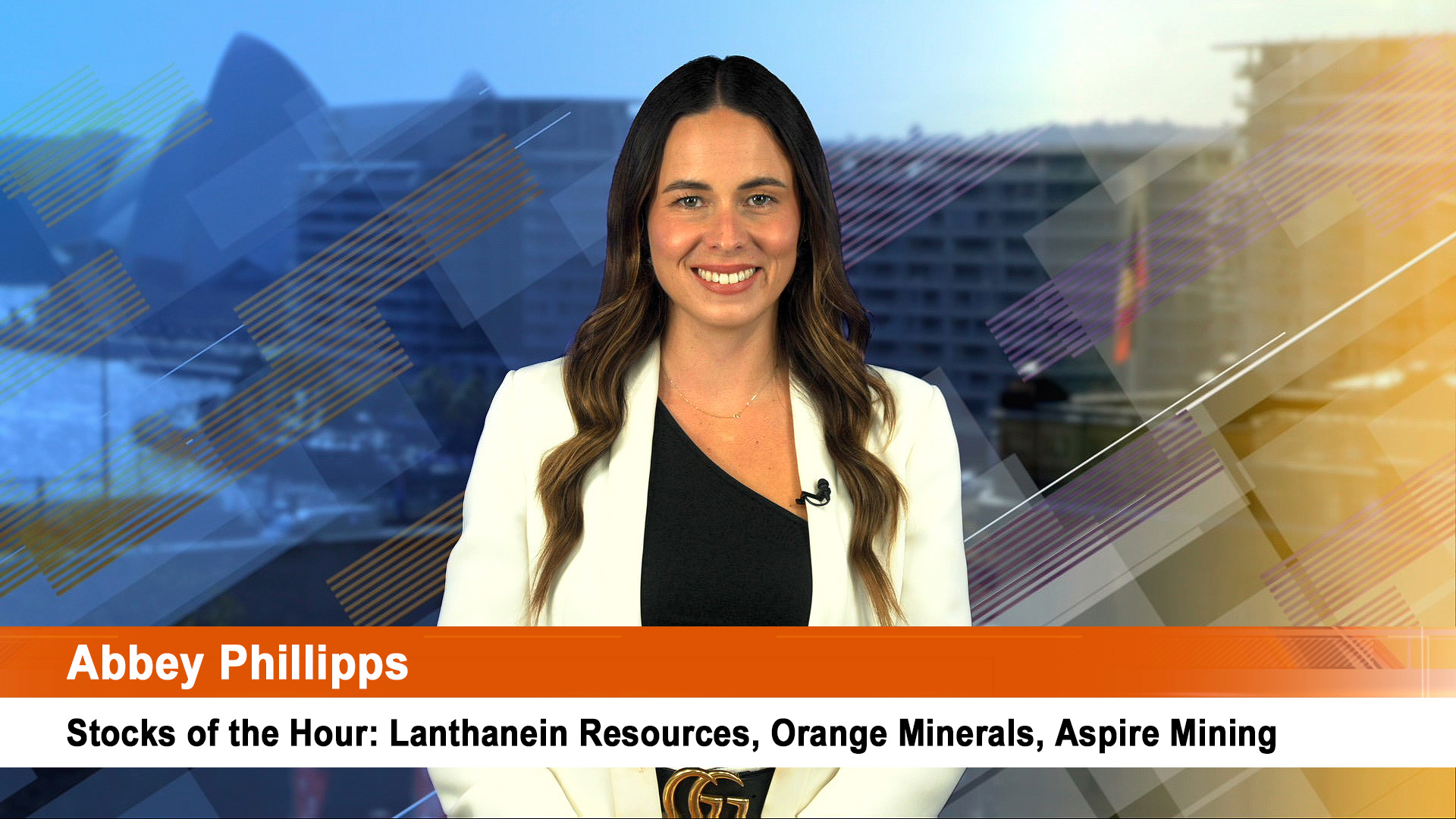
The US stockmarket has thumped decisively into the arms of the bear.
Trading overnight saw the Standard & Poor’s 500 shake off its reticence and join the Dow in the bear’s cavern.
Traders said the slump came as the upturn in confidence from the day before vanished; oil finished one cent higher at just over $US136 a barrel, some commodity prices rose, reversing the fall of the previous two days and a leading tech company executive cast doubt on a recovery in demand in his sector.
The Dow fell 2.1%, Nasdaq 2.6% and the S&P 500 lost 2.3% to 1,244.63 – its lowest level since July 2006 and its first bear market since 2002. (It’s also below the level where it was in 1998 of 1250 points).
All three leading indices are now down more than 20 per cent from their recent highs.
Financials were where the damage was felt most of all, reversing the confidence of the day before.
Mortgage groups, Fannie Mae and Freddie Mac shed 12.6% and 23.8% respectively. The financials sector declined 5.2% and an index of investment banks plumetted 6.1% hitting six-year lows.
Merrill Lynch lost more than 9% after a ratings group warned it could be downgraded because of an expected loss in the second quarter (which would be the 4th in a row.) Lehman Bros shed 11.4% in value.
A discount retailer went bust:: Steve & Barry’s was once a growing force in low-priced fashion retailing. It had 276 outlets in 39 US states and went into Chapter 11 bankruptcy protection. It joins another big chain, Linens ‘n Things which failed earlier this year.
The technology sector was hurt by some critical commentary from Merrill Lynch analysts who said Intel, the maker of computer chips, could fail to beat earnings estimates in the second half due to the weak economy and Cisco Systems was subjected to a downbeat review of the sector outlook from UBS analysts who said the world’s biggest maker of computer-networking equipment faces a slowdown.
Our market is forecast to be down 1% or more. The banks will take a pounding again, reversing yesterday’s confidence. Two small sucker rallies in a week. It’s getting painful.
…………………………………..

The flood of grim news from Britain continues: some of the country’s beleaguered housebuilders have revealed big cuts in dividends and jobs, and adjustments to the values of their land banks.
It’s becoming a weekly update, the flood of bad to depressing news from the UK. The UK can also be seen as a proxy for the US where the $US120 billion tax rebate has helped halt the slump. But that will run out next month and at the moment, the US economy looks like sliding further.
But it’s going to continue for months to come: outside of the US, the UK economy has been more badly damaged by the subprime mortgage crash and credit crunch than any other economy.
Housing remains the flashpoint and there are strong signs that the situation is worsening.
The statements from Bovis Homes and Redrow match those from the struggling Taylor Wimpey, Persimmon and Barratt, which have revealed terrible pictures of falling sales, job cuts, sliding finances and little chance of any improvement inside a year.
It’s the sort of picture that the members of the Monetary Policy Committee of the Bank of England will be reading in the newspapers as they prepare for tonight’s meeting at which they are expected to do nothing about interest rates.
Unlike Australia, where the central bank is pushing a tough, tight monetary policy against a still strong economy (thanks to the surging export sector which is still offsetting a slowing domestic sector) the overall picture in the UK is one of unremitting gloom.
Every sector is static to slumping: retailing, manufacturing, services (financial and general), home building, mortgages and government revenues. Britain is an economy in search of a recession, as is the Irish economy which might beat the UK into the trough.
In that situation you’d expect the central bank to be pushing a rate cut, but surging inflation means there’s little chance, so the central bank will sit on its hands (unless there is a enormous change of heart) and watch a recession drive the economy lower, and take inflation with it.
Bovis, which operates in eight regions across the UK, said it would slash its interim dividend by 75%. It also said in a trading update for the six months to June that the final dividend was likely to be much the same at the end of the year. This would make the total dividend for the 2008 year about 10p against 35p for the year to December 2007 and well below the 60p it had hoped to declare.
The group said it would slash its headcount by 40% (which means about 360 jobs out of 900 will go). Rivals Taylor Wimpey and Persimmon have also announced job cuts in recent market updates with several thousand jobs cut.
Rival builder, Redrow, which trades across England, Scotland and Wales, is also reviewing its dividend. The group’s trading statement for the year to June indicated that shareholders would be informed about the final decision when the year-end results were published in September. In the year to June 2007, Redrow’s dividend increased by 20%, with a “commitment” to increase this a further 20% this year.
Redrow plans a 40% hack in the number of people working for it. The group has warned (like Bovis) that there was likely to be “a significant” write-down in the value of its land bank.
US consumer confidence fell to its lowest level in years with a poll by Nationwide Building Society showing that more than half of households believe that the economy will be in













